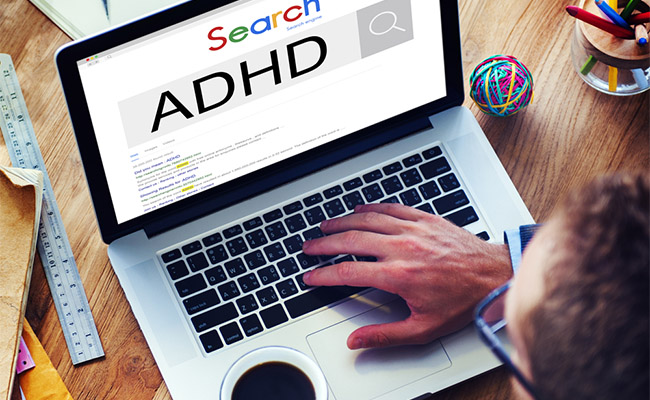ADHD, the short form of attention deficit hyperactivity disorder, is a term that is used often today. It is used to describe a disorder that occurs in around 5-10% of children in Australia, but is also thrown around quite often when describing undiagnosed children who appear hyperactive or inattentive. The looseness of the terms’ use could be a reflection of the hard-to-pin-down nature of the disorder. ADHD symptoms are such that they can often be confused with typical childhood behaviours. And it is precisely the ill-defined nature of the terminology and the disorder that fuels the argument about whether or not ADHD is even a “real” disorder.
The Argument Against ADHD
Many claim that the disorder is over-diagnosed because it is often diagnosed in early primary school-aged children, and can be difficult to distinguish from typical under-10 behaviour. Some features of ADHD include responding spontaneously to situations, finding tasks boring, not being able to maintain focus on a task and, of course, inattention and hyperactivity. Sceptics claim that these are normal childhood behaviours.
In 2014, it was popularly reported that a leading American neuroscientist, Dr Bruce Perry, claimed that ADHD is “not a real disease”. According to reports, Dr Perry warned of the dangers of giving psycho-stimulant medications to children. Others claim that the disorder was invented to increase sales of pharmaceutical drugs like Ritalin and Adderall. Dr Perry maintained that ADHD “is best thought of as a description … Any one of us at any given time would fit at least a couple of those criteria”.
The Argument for ADHD
While there is some evidence to counter-claim the existence of ADHD, it is important not to let it overshadow the very real experiences some families go through in coping with ADHD.
It is true that some symptoms coincide with those in typical childhood behaviour, but when the behaviour becomes difficult or impossible for families to manage without help, seeking a diagnosis and treatment can be extremely useful. If your child is displaying features of ADHD in some situations, it’s unlikely they have the disorder. If he or she shows signs of ADHD regularly at home, school and in other social settings, it’s time to seek an assessment from a child psychologist.
The only way to be sure about whether or not your child has ADHD symptoms, and not regular childhood inattention or hyperactivity, is to get an assessment from a specially trained child psychologist. The child psychologist’s role is to assess each case individually to determine whether the symptoms are ADHD-related or not. The diagnostic process is a comprehensive one and a diagnosis will only be made when alternative explanations for symptoms are ruled out. As well as making a diagnosis where appropriate, a child psychologist can help you manage and cope with ADHD symptoms as well as other common issues like behavioural problems, stress, anxiety and depression.
To speak to a child psychologist in Canberra, call us on (02) 6262 6157 or book an appointment online.
